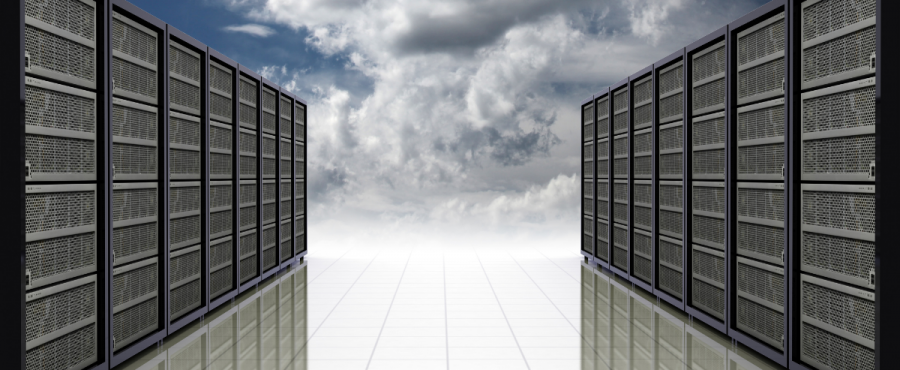Tag Archives: Colocation
What Are the Benefits of Cloud Computing vs. Colocation?
Many businesses understand that they should be adapting to the changing business landscape, where a remote dedicated small business server backs their online applications and data. Often, business leaders find themselves struggling to understand the differences between the different kinds of technology available to them. Among the most common forms of technology used for data storage by businesses are colocation and cloud computing. If you would like to understand the differences between colocation and using cloud storage for business, continue reading below for expert insight from LightWave Networks.
Read MoreWhy You Should Invest in Managed Hosting
Dedicated hosting is an attractive way for many businesses to achieve enhanced reliability and security for their online operations. Not surprisingly, many businesses recognize that the advantages of having dedicated servers are costly if they wish to have them on their own premises. Depending on the size of the business and its needs, having a dedicated server could require massive amounts of space and care. Therefore, many look to outsource their needs through managed hosting. To learn more about the benefits of hosting, LightWave Networks has decided to write the following article that details the benefits of having dedicated servers and managed hosting.
Read MoreCloud Computing for Small Businesses
Small businesses are becoming more aware of the benefits that cloud computing provides to them because of how important it is to remotely store the information that they have on their computers. Before cloud storage, small businesses needed to store their information on their local database or hard drive, which meant that they were subject to damage if anything were to happen to their databases, like a flood or electrical damage. Further, without cloud computing for small businesses, it would be impossible for them to make real-time changes to documents without being physically present in the office or point of operation. Below, Lightwave Networks takes a closer look at cloud computing and the value it gives customers.
Read More


